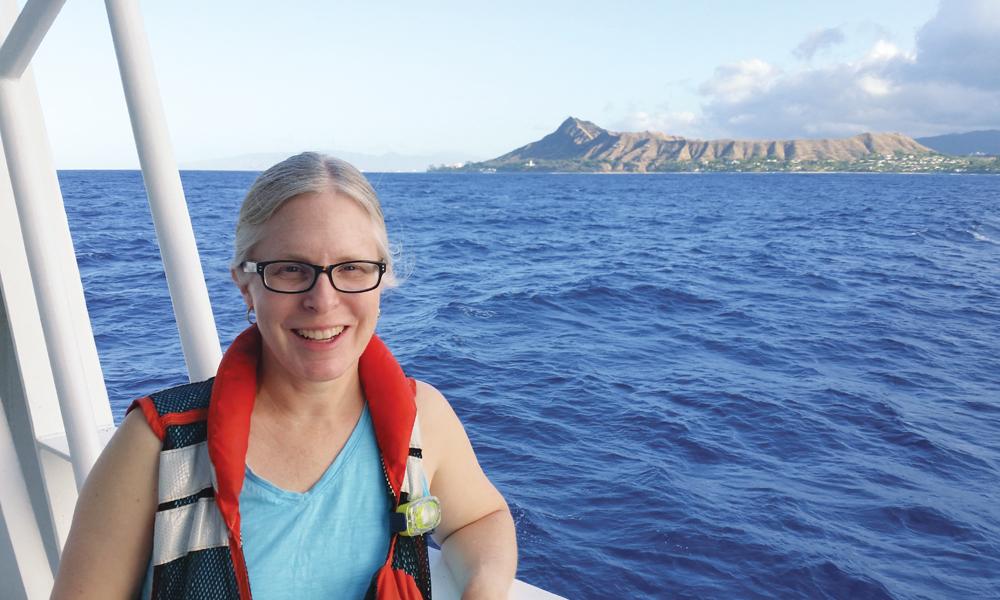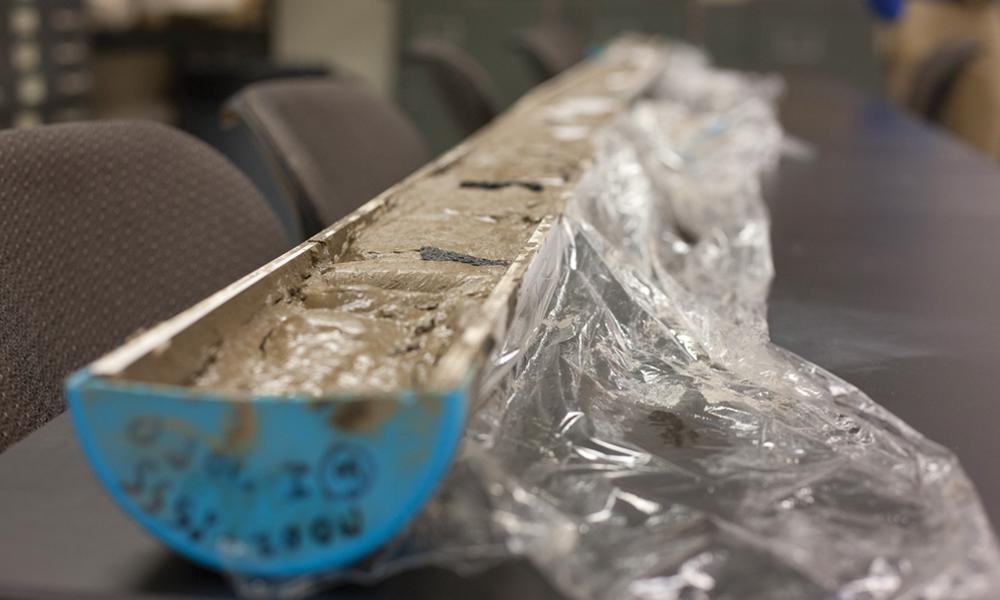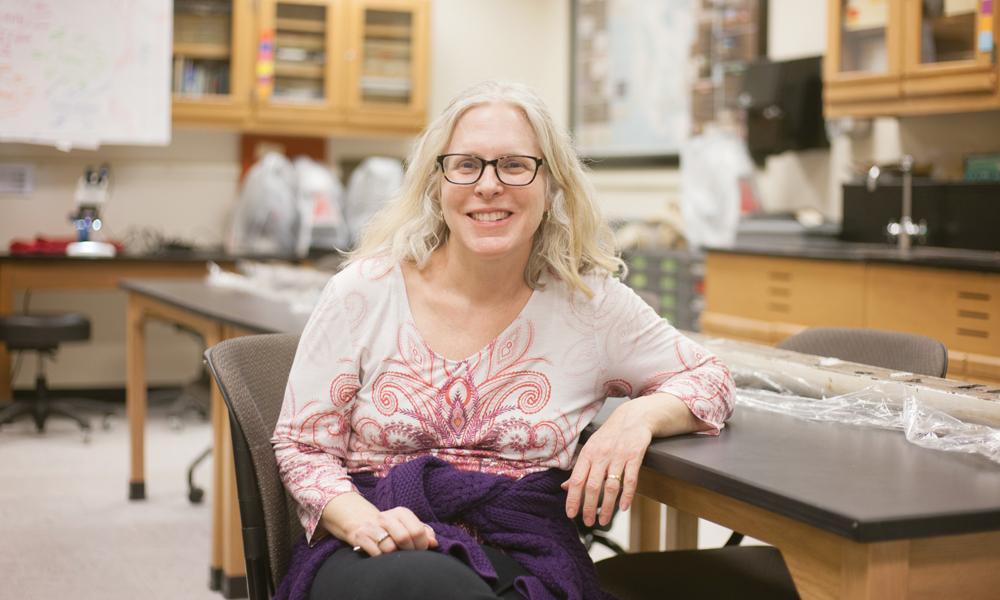Professor’s research delayed by war in Ukraine
Science and Technology
SUMMARY: Kristen St. John’s research primarily focuses on deciphering marine records of iceberg and sea ice-rafted sediments. Before Russia invaded Ukraine last year, she was to serve as the co-chief scientist of an international team studying climate change in the Arctic Ocean. The project was placed on hold. Madison magazine spoke with St. John, professor of geology and environmental science, about the expedition and what the delay means for her research long-term.
Madison magazine: What was the nature of your research that was delayed by Russia’s war with Ukraine?
Kristen St. John: I was part of the International Ocean Discovery Program (IODP) Expedition 377: Arctic Ocean Paleoceanography (ArcOP). The purpose was to recover long cores of sediment from the Arctic Ocean seafloor at a location in international waters between the North Pole and Russia in order to get a long, continuous record of past climate change for the last 50 million years. It was a huge undertaking. A scientific ocean drilling research vessel and two icebreakers were ready to support a team of about 30 scientists from around the world in this research.
Madison: When was it supposed to take place?
St. John: Fifty days in August through September 2022.

Photo by Alyssa Antonia/The Breeze |
Madison: Who made the call to postpone it?
St. John: The European Consortium for Ocean Research Drilling (ECORD) Council, which is the European “branch” of IODP.
Madison: How do you feel about the delay?
St. John: It was (and is) tremendously disappointing, but understandable. The unexpected, unprovoked and horrific war by Russia in Ukraine is having ripple effects across the globe — all the way to the Arctic.
Madison: Were JMU students going to be involved?
St. John: Not in the shipboard phase. However, I would have been bringing sediment core samples back to JMU and would have involved students in that laboratory phase of the research.
Madison: Are there plans to do the research following the war?
St. John: Yes, but when is uncertain. It depends on when it is safe to be in waters near Russia. And being able to contract with icebreakers outside of the Russian fleet. And, it will depend on when the ECORD can dedicate the funding for such an expedition. It is very expensive to do this type of work. We consider it “high risk, high reward” because the climate record at this location is so valuable but challenging given its location.

Photo by Alyssa Antonia/The Breeze |
Madison: What does it mean for your research long term?
St. John: So many research plans have been postponed for the entire international team of scientists who were going to be part of this expedition. And for other scientists who would have benefited from the cores we recovered, who could have sampled them later for a wide range of research projects. Understanding the long-term history of climate change, the Arctic is a missing piece of understanding global climate change. It is a real loss. Many of us are shifting our focus for the time being to other areas farther from Russia. I am still focusing on reconstructing past climate from ocean sediment records but from other site locations. And focusing on working with core samples recovered earlier on other expeditions in other locations. Also, after the ArcOP expedition was postponed/cancelled, I was invited to be the co-chief of a different IODP expedition that focuses on some related questions about past climate, that can be addressed by recovering cores from the ocean floor near Svalbard, Norway. It is IODP Expedition 403: Eastern Fram Strait Paleo-Archive, which will take place from early June to early August 2024.

